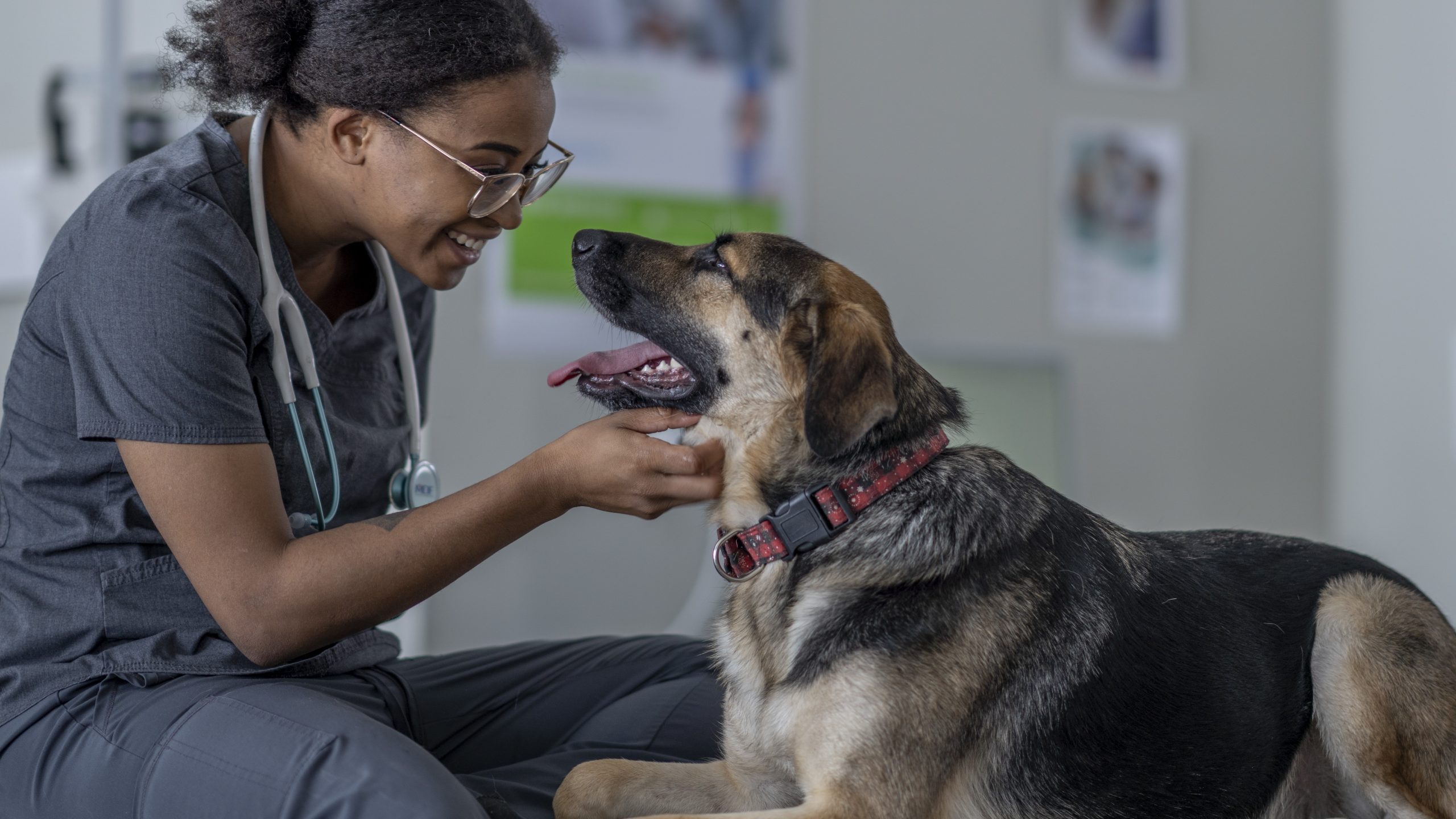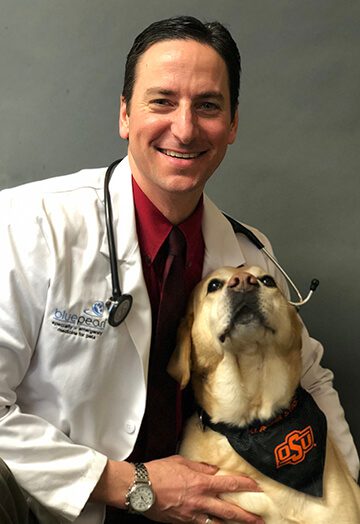Maintain Your Pet Safe with Routine Pet Vaccinations from a Trusted Veterinarian
Maintain Your Pet Safe with Routine Pet Vaccinations from a Trusted Veterinarian
Blog Article
Vaccination Standards From Your Trusted Vet
Inoculation standards offered by your trusted veterinarian play an essential function in securing your pet dog's health and well-being. Core vaccines are basic for all animals, while non-core injections can be customized to particular way of lives and environmental direct exposures. Recognizing the nuances of inoculation timetables, which start as early as six to eight weeks, is vital for ideal protection. Furthermore, resolving common misunderstandings surrounding vaccines can better improve family pet owners' self-confidence in these safety nets. As we explore these vital facets, it comes to be significantly clear why normal assessments with your vet are crucial for notified decision-making.

Significance of Vaccinations
Inoculations play an essential duty in protecting pets against a variety of avoidable illness. By promoting the immune system to identify and fight details virus, vaccines dramatically reduce the occurrence of infectious diseases that can impact a family pet's health and wellness and longevity. Not only do inoculations shield individual animals, yet they also add to herd immunity, therefore minimizing the total occurrence of illness in the pet populace.
Prompt inoculations help to minimize the spread of conditions such as rabies, parvovirus, and distemper, which can have serious consequences for both pet dogs and human beings. Moreover, vaccinations are frequently a requirement for boarding centers, brushing services, and pet dog parks, making them important for those that wish to mingle their pets.

Core Vaccines for Family Pets
While the details vaccination demands of animals can vary based on individual factors, core vaccinations are universally recommended to secure versus the most significant and usual diseases (Veterinarian Enterprise). Core injections are those regarded important for all pet dogs, despite their lifestyle or geographic place, as they guard against extremely infectious and possibly fatal illnesses
For dogs, the core vaccines include those for canine distemper, parvovirus, adenovirus (liver disease), and rabies. Canine distemper is a viral disease that affects the breathing, intestinal, and worried systems. Parvovirus is understood for triggering serious gastrointestinal disease, particularly in pups. Adenovirus can cause liver disease, while rabies is a zoonotic disease that presents a risk to both pets and human beings.
In cats, core vaccinations encompass feline panleukopenia, feline calicivirus, feline herpesvirus (rhinotracheitis), and rabies. Feline panleukopenia is a very infectious viral condition that affects the immune system and intestines. Calicivirus and herpesvirus are significant contributors to upper respiratory infections in felines, while rabies remains a crucial concern for public health.
Talk to your vet to ensure your pets receive their core vaccinations on time.
Non-Core Vaccines Explained
Non-core vaccinations are customized to address certain risks related to a family pet's lifestyle, exposure, and setting to specific conditions. Unlike core vaccines, which are generally recommended for all animals, non-core injections are considered based on individual conditions. These vaccines are specifically vital for pets that may come across distinct virus due to their geographical place, traveling practices, or tasks.
Examples of non-core vaccinations include those for Bordetella bronchiseptica, which is connected to kennel cough, and Lyme condition, triggered by ticks. Pets that regularly communicate with various other pets, such as those in boarding centers, pet dog parks, or grooming environments, may benefit from Bordetella inoculation. In a similar way, if you stay in a location where Lyme illness is widespread, immunizing against this condition can be a prudent option for outdoor-loving dogs.
Various other non-core vaccines might include those for leptospirosis, canine flu, and feline leukemia, depending on the certain threat elements existing. It is necessary to have an extensive conversation with your vet about your animal's lifestyle and the you can try here potential demand for these vaccines, ensuring a tailored inoculation method that best shields your furry pal.
Vaccination Arrange Introduction

As animals develop, it is necessary to stick to the recommended booster vaccinations. Vet Enterprise. For grown-up animals, core injections are normally given every one to 3 years, depending upon the particular vaccination and neighborhood guidelines. Non-core injections may be recommended based on lifestyle factors and regional condition frequency, necessitating a customized technique
Normal veterinary exams are important for upgrading inoculation routines. Your vet can offer assistance on the most proper booster shots for your pet, considering age, health and wellness standing, and ecological dangers. By staying aggressive and notified, pet owners can ensure their furry buddies obtain reliable and prompt inoculations, therefore safeguarding their health and well-being throughout their lives.
Usual Myths Concerning Injections
Misunderstandings concerning family pet inoculations can cause complication and unwillingness amongst pet dog proprietors concerning the immunization procedure. One common myth is that vaccines are unneeded for indoor family pets. While it's real that indoor pet dogs encounter reduced threats, they are not totally unsusceptible to illness, as virus can be introduced through numerous ways, consisting of human garments and other pet dogs.
Another false impression is that vaccinations can create the illness they intend to stop. In truth, many vaccines include inactivated or attenuated microorganisms, which can not create illness in healthy and balanced pets. Some animal owners also believe that their pet dogs must not be immunized if they are currently healthy and balanced; however, inoculations are a proactive step that aids protect against the beginning of illness.
Additionally, many family pet owners are afraid that injections will result in long-term wellness issues. Vet Enterprise While side effects can take place, they are generally mild and temporary. The advantages of inoculation-- protecting pet dogs from possibly dangerous conditions-- much outweigh the threats. Understanding these usual myths is essential for responsible animal ownership and ensuring the health and wellness and safety of your furry buddies. Always consult your veterinarian for accurate info tailored to your animal's details needs.
Conclusion
In recap, adherence to vaccination guidelines is important for making certain the health and durability of animals. Core vaccinations provide essential defense versus severe illness, while non-core injections resolve particular dangers based on private way of lives. Developing a detailed vaccination routine, in combination with normal vet check-ups, facilitates optimum wellness monitoring. Eliminating typical misconceptions surrounding vaccinations better reinforces the relevance of informed decision-making in pet care. Eventually, a proactive method to inoculations is crucial for preserving pet wellness.
Not just do inoculations secure specific pets, yet they likewise add to herd immunity, thus lowering the general frequency of diseases in the pet populace.
False impressions regarding animal inoculations can lead to confusion and unwillingness amongst pet dog owners regarding the booster shot process. While it's real that interior pet dogs face lower dangers, they are not entirely immune to conditions, as pathogens can be introduced via numerous ways, consisting of human garments and other family pets.
Some pet dog owners also think that their pet dogs ought to not be vaccinated if they are already healthy; nonetheless, inoculations are a proactive measure that aids avoid the start of find this illness.
The benefits of vaccination-- securing pets from potentially lethal diseases-- far exceed the risks.
Report this page